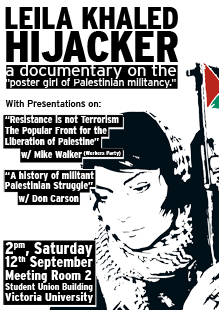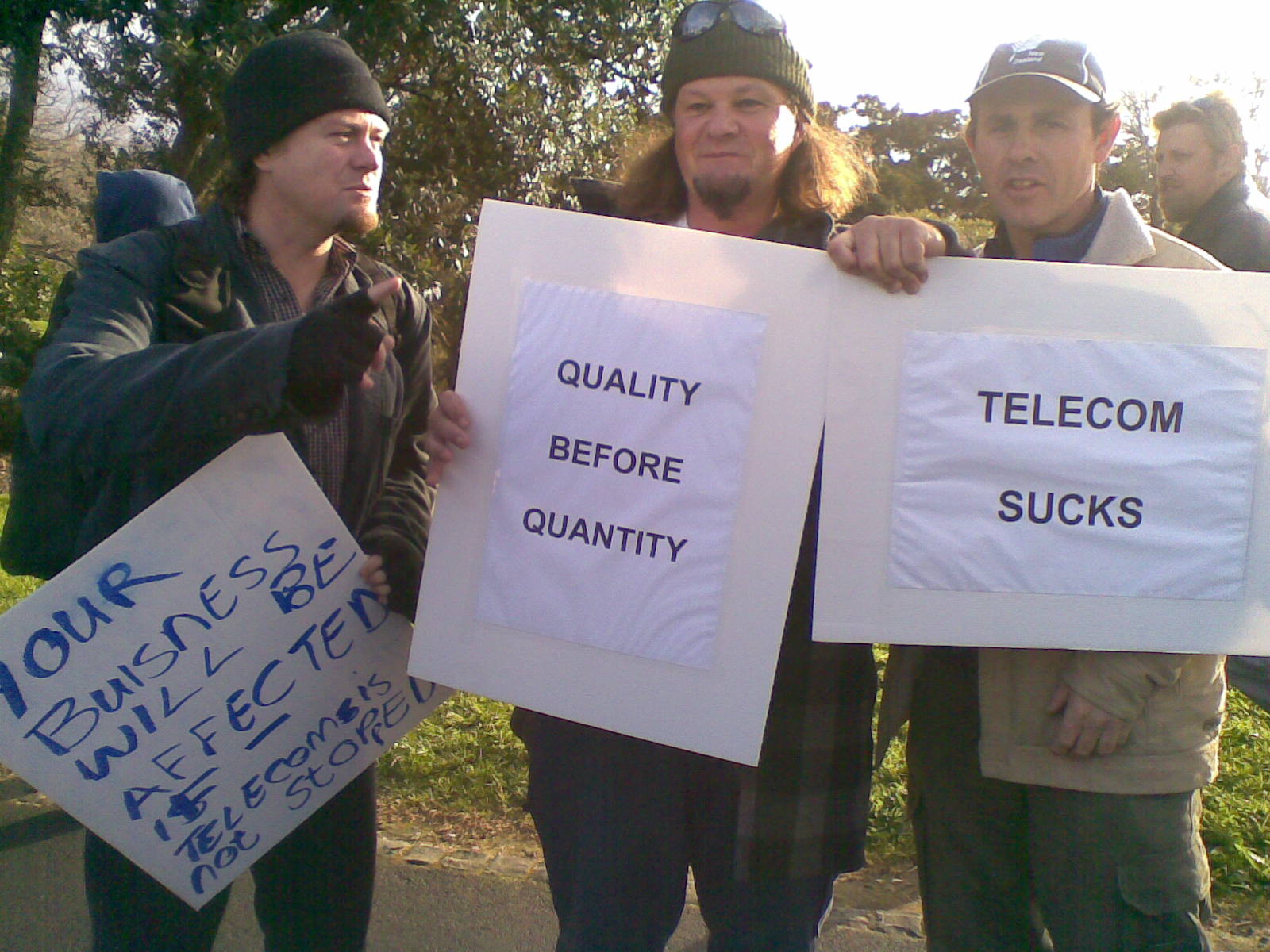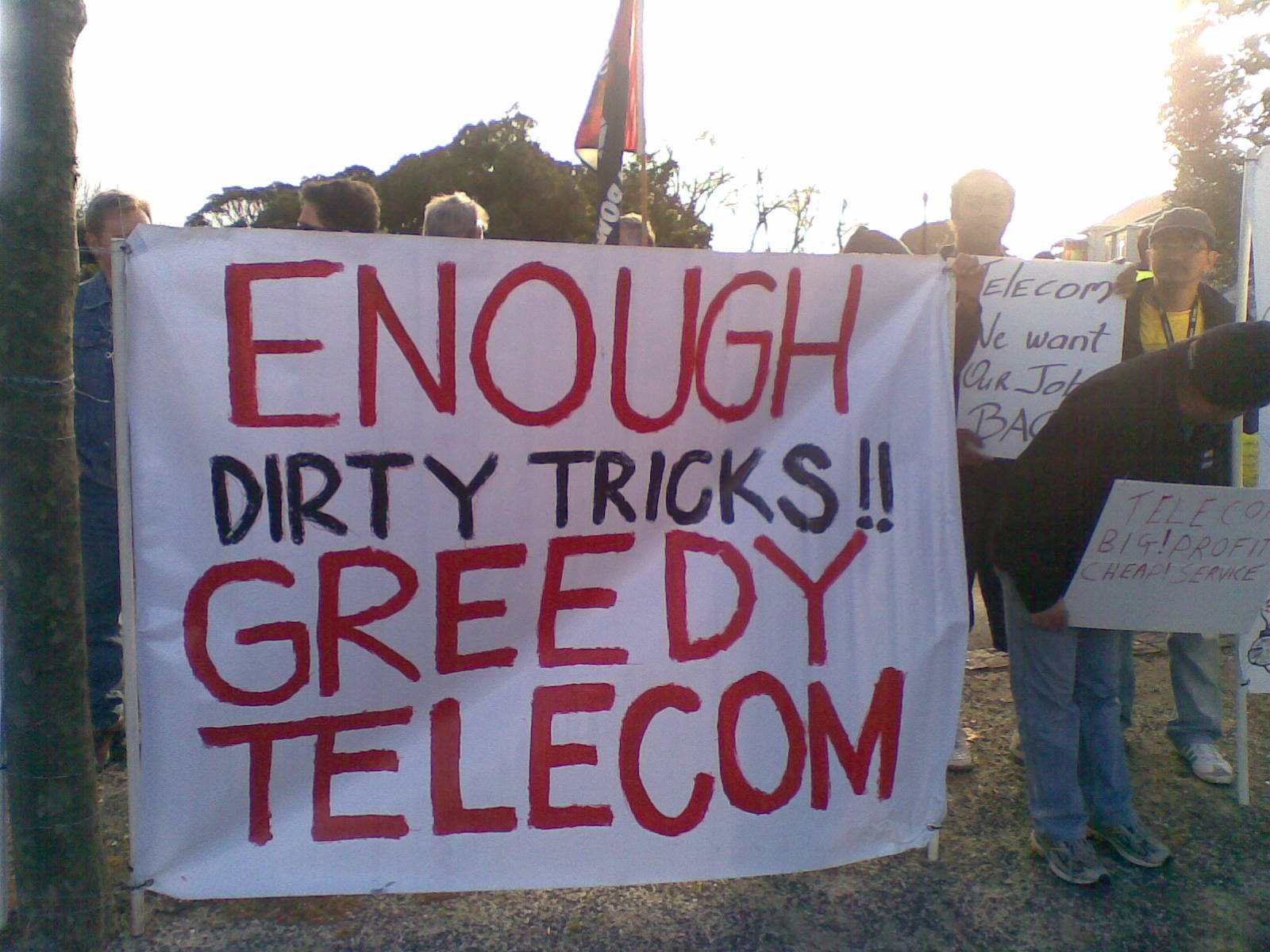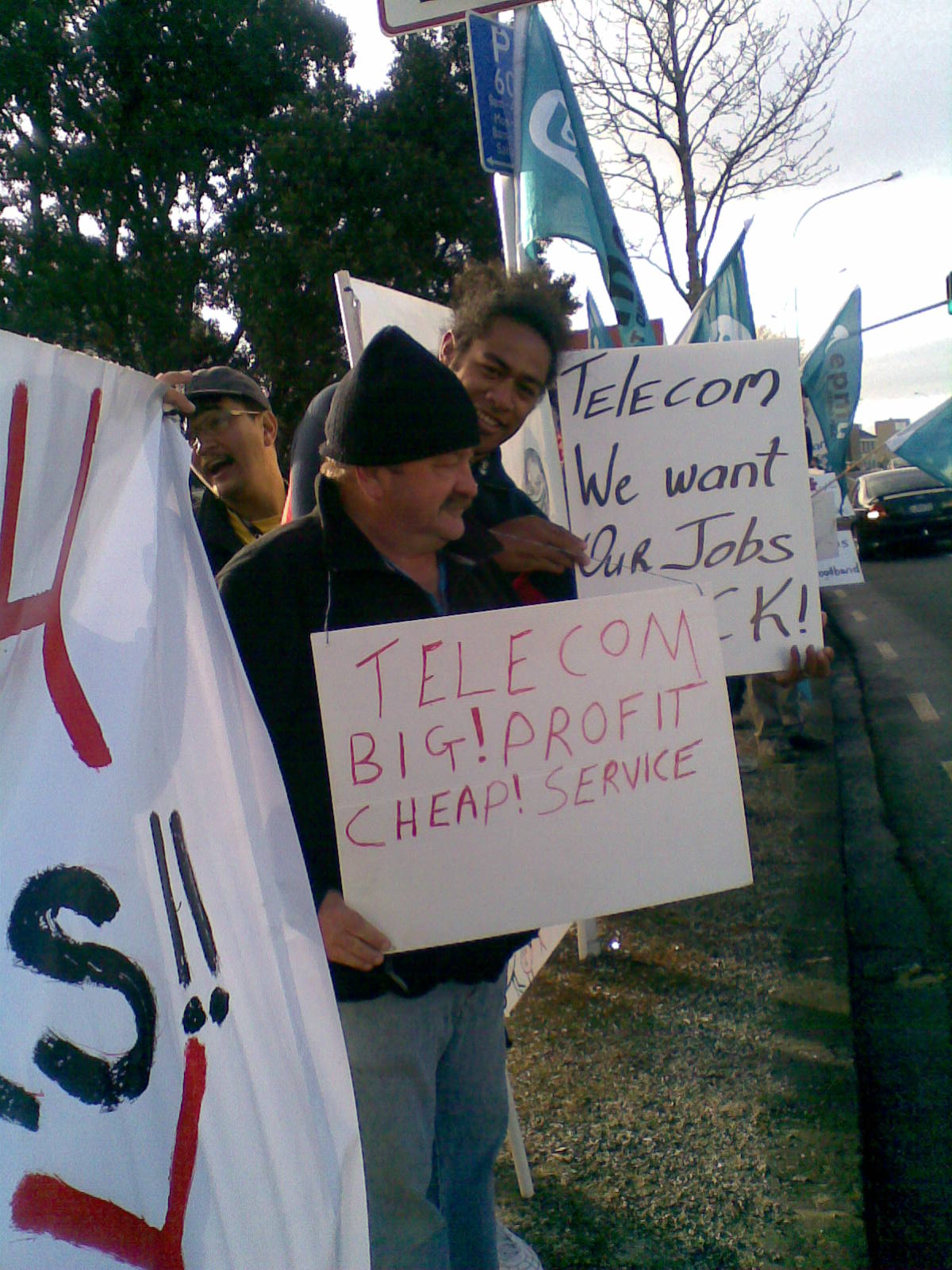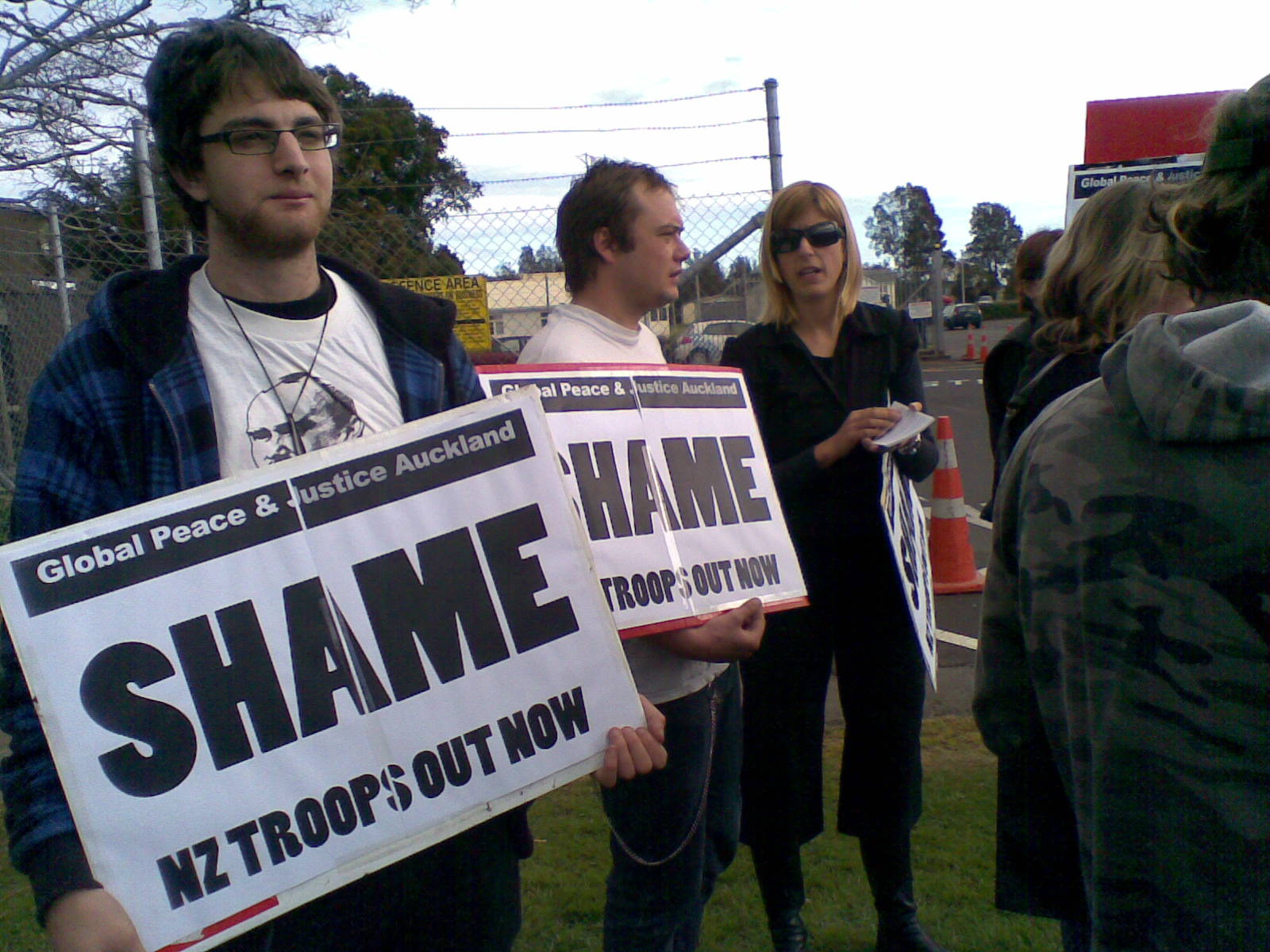To be delivered on Monday the 7th of September, Meeting Room Two at Victoria University as part of ‘Religion Week’
Welcome to the Workers Party contribution to Victoria religion week!
We’re not starting this meeting off with a prayer, but before you go we will be passing a plate and taking up a collection.
Some of you here today might be hopefully expecting a communist speaker to scornfully dismiss religion in five words as “ the opium of the people” so we can all get away off to the pub nice and early.
I’m not the best person to do that for you. My initial experience of religion was very positive. I was brought up in a comfortable middle class home with a quaint little Anglican church four minutes walk around the corner. When you got there and walked inside, it was a cool dark soothing place, buttressed by reassuringly strong wooden beams. At the end of the building, where your eyes naturally looked up towards, the sun lit up a beautiful red and gold stained glass window behind the altar. The local vicar of my childhood was a dignified Yorkshireman who’d been awarded the Military Cross for some act of valour. He delivered amusing sermons, several of which I still remember. The basic message was very comforting. You worked away all your life and behaved yourself and then, when you finally got very old and tired, you’d be taken up to heaven to be looked after for ever and ever. It seemed like a pretty good deal. So on Sunday we dressed in our best and went to church and thought uplifting thoughts and then came home to have the best meal of the week, a huge satisfying roast dinner. All very peaceful, no one got hurt or killed except the hogget. So you might say, I got dealt about as good a hand as you get in the religious department.
Continue reading “Religion: The Sigh of the Oppressed Creature”

